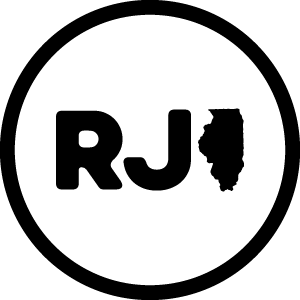Work in CST’s six domains contributes to developing and sustaining healthy, productive, positive relationships in a school community.
Addressed together, they characterize a set of practices that constitute an ideal environment for transforming school climate and reducing bullying and harassment.
Stakeholder Engagement
Stakeholder engagement involves recognition that although school communities foster many different types of roles, each member of the school community has an interest in its success and a contribution to make toward that end.
Data-Informed Decision Making
Data-informed decision making suggests that decisions to change, modify, or maintain various bullying prevention or other school improvement strategies should not be made haphazardly but should instead be guided by the unique experiences and perceptions of those in a particular school community.
Policy ADVOCACY
Policy development, advocacy and implementation recognizes the powerful impact that policy can have on school climate, especially when it is implemented effectively and consistently.
Professional Development
Positive school climate transformation benefits from a comprehensive program of professional development, specifically around school climate, bullying prevention, and school discipline, for all adults in a school community.
Student Supports and Services
Student supports and services – from counseling to student-run clubs to after school opportunities - are integral to providing safe spaces for young people and ensuring their healthy development and well-being.
Restorative Discipline
Zero tolerance practices do more harm than good by removing students from their classrooms and their schools; restorative discipline practices work to keep the community intact while holding people accountable in ways that support them to understand their harmful behavior and how to change their behavior in the future.






